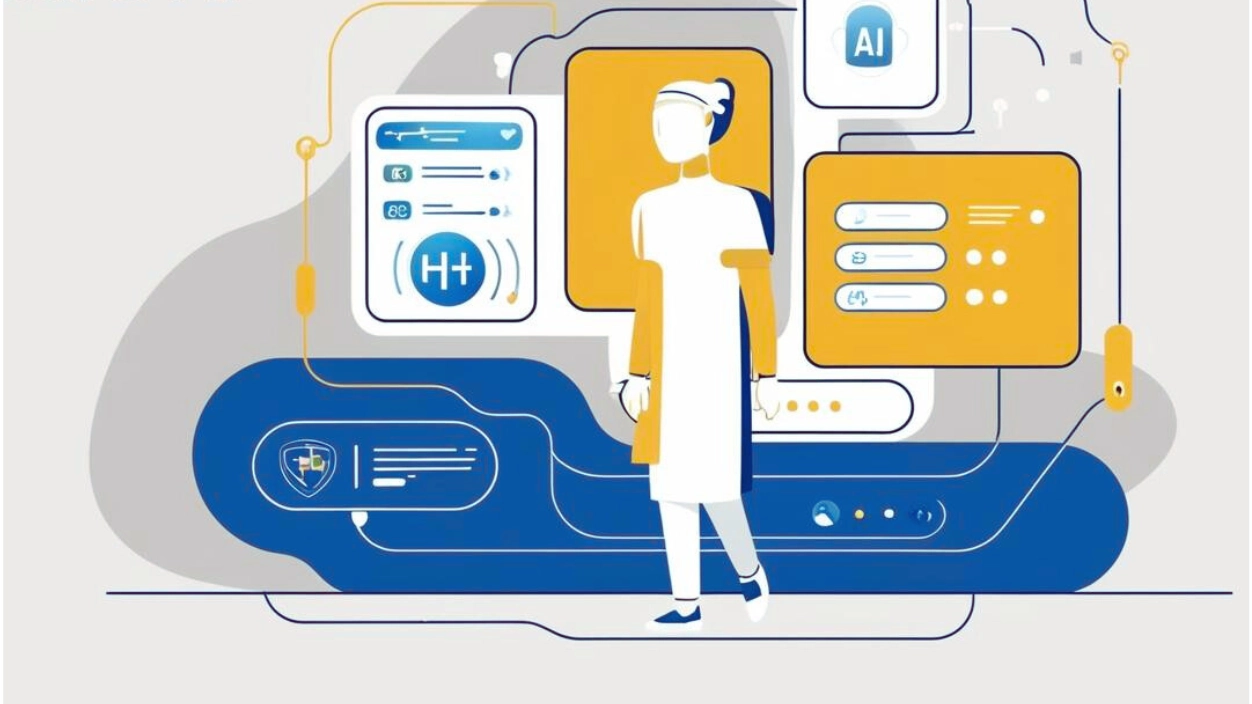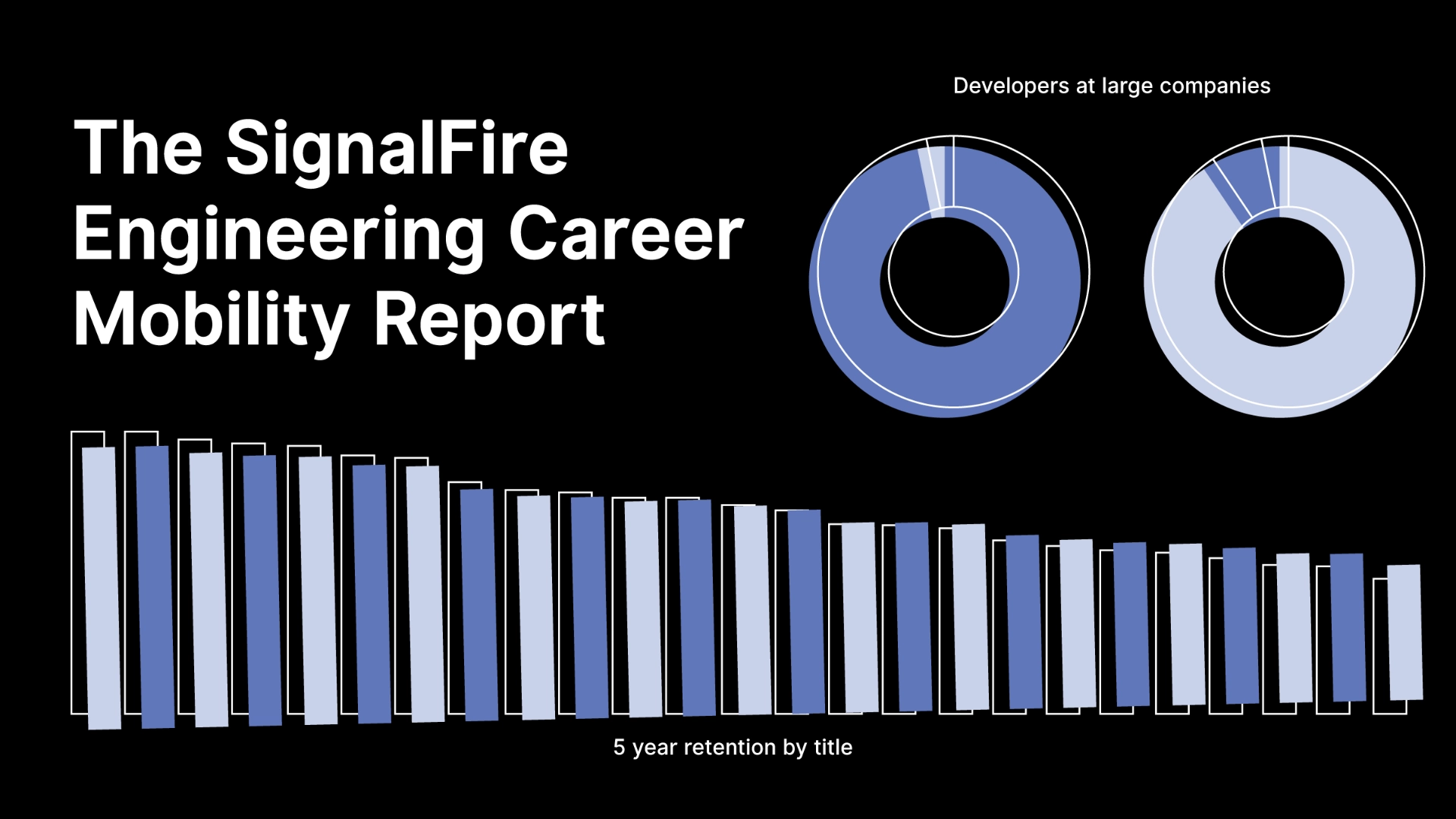
How AI and emerging U.S. tech hubs are redrawing the map of high-paying tech jobs
Key takeaways:
- AI talent commands premiums: AI engineers command 5% higher salaries and 10-20% more equity.
- Lean teams, big efficiency: Series A SaaS startups are 20% smaller than in 2020.
- Equity takes a hit: Equity grants for new hires dropped 35% from the market peak, reflecting tighter fundraising and changing employee priorities around compensation.
- Location-based pay gaps narrow: 85% of startups adjust compensation by location. Cities like Miami and Charlotte now offer 85%-90% of SF salaries.
- Comp strategy is crucial: Prepare for AI talent costs and clearly communicate equity value to attract top hires.
The startup world is undergoing a seismic shift. Gone are the heady days of 2021-2022's hiring frenzy with ultra-high salaries as the norm in the war for top talent. Today's startup mantra? Do more with less. In a recent webinar we hosted with our friends at Carta, we shared an unfiltered look at how startups are rewriting the compensation playbook.
One of the toughest and most critical challenges when building a startup that thrives in 2025 is getting your compensation strategy right. As the market evolves, so do the expectations of your workforce.
Discover key trends shaping startup compensation in 2025, powered by insights from Carta’s Total Compensation Platform. From evolving hiring patterns and equity distribution challenges to AI’s impact on salaries, the future of startup pay is being rewritten.
The new economic reality - Doing more with less
Just two years ago, startups were on a hiring spree and paying premium salaries to compete for talent across all functions. Fast forward to 2024, and the landscape looks dramatically different. Startups have shifted into a “do more with less” mindset. According to Carta data, net headcount across 45,000 startups has only grown by 11,000 since January 2023. Late-stage companies are particularly feeling the squeeze, with Series A SaaS startups now 20% smaller than in 2020.
But here's the twist: companies aren't just cutting—they're strategically rebuilding. Founders are optimizing lean teams and prioritizing roles that drive immediate impact.

Engineering leads hiring - Where the jobs are (and aren't)
Engineering continues to dominate new hires, accounting for 31.6% of startup hiring—up from 28% in 2020. Meanwhile, other functions are seeing reduced investment in hiring and headcount. The message is clear: technical talent still reigns supreme.
Salaries are also regaining their footing. Average salaries in tech are growing again, up 1.6% since 2022 after declining in 2023. However, equity compensation fell 37% in 2023 and has plateaued there.

AI engineers command premium salaries
The most noticeable change? The AI engineering premium. AI engineers are the hot ticket for 2025, commanding a 5% salary premium and a 10-20% equity premium over other engineering roles (based on Carta data from later-stage startups).
This is a fundamental restructuring of technical compensation. AI’s transformative potential is reshaping industries, and companies are willing to pay top dollar to secure this specialized talent.
The equity equation: Once coveted, now questioned
Equity-based compensation is facing significant headwinds. According to Carta, Equity grants for new hires have dropped by 35% due to slower fundraising, leading to less frequent unlocks of new employee option pools, and also potentially because employees value and demand it less compared to the frothy "every startup's valuation is growing" boom of 2021-2022.
Compounding the issue, employees are reluctant to exercise their stock options, with the percentage of vested, in-the-money equity exercised before expiration climbing from 40% in Q1 2020 to 54.7% in Q3 2021's bull market to just 32.8% today when growth and exits are less assured.
For founders, this creates a double-edged challenge: effectively communicating the value of equity to candidates while balancing the equity pool’s sustainability. Startups must prioritize consistent, transparent equity education to bridge the gap and attract top-tier talent.

Geography: The new compensation frontier
The remote work era continues to redefine geographic pay adjustments. While more than 85% of companies tailor compensation based on employee location, that pay gap is closing. For example, 11 long-tail cities like Miami and Charlotte now pay 83%-90% of San Francisco salaries. Even traditionally lower-paying Midwest cities have made strong gains.
Founders are finding it harder to justify location-based pay gaps. They are increasingly adopting standardized systems like Metropolitan Statistical Areas (MSAs) or location-based tiers to base pay on the cost of labor for an employee's location. This geographical leveling creates opportunities for employers and employees, democratizing access to top-tier compensation packages.

Key takeaways for founders:
If there’s one recurring theme, it’s that founders must approach compensation with strategy and consistency. Whether deciding when to implement tiered pay structures or navigating fluctuating equity values, having a clear compensation philosophy is non-negotiable.
Start early. Building a scalable structure before compensation becomes a tangle of exceptions and ad hoc decisions saves time, headaches, and turnover later.
- Be flexible: Geographical compensation adjustments are now standard.
- Communicate clearly: Explain equity value and have a transparent compensation philosophy that educates employees.
- Stay adaptable: The market is evolving rapidly; your compensation strategy must evolve too. Consider premiums at points in time versus over-architecting compensation bands for every sub-function.
The essential human element
Beyond data points and percentages, this is a story of resilience. Startups are navigating unprecedented economic complexity with creativity, strategic thinking, and a commitment to talent.
Our webinar with Carta wasn't just a data presentation—it was a roadmap for sustainability and adjustment in the current startup environment. As Josh put it, “2025 demands a proactive, data-backed approach to compensation.” The stakes are too high for guesswork.
The compensation landscape is more complex than ever, but it’s also an opportunity to differentiate your startup. From adapting to geographic pay shifts to leveraging AI-driven salary premiums, founders who stay ahead of these trends will build the highest-performing teams.
You can access Carta’s full State of Startup Compensation H1 2024 Report here.
Challenges, Opportunities, and the SignalFire Advantage
At SignalFire, we get it. Compensation strategy isn’t just a box to check—it’s a critical part of your competitive edge. That’s why we offer more than funding. We’re your partner in building a high-performance team through:
- Expert advisors: Guidance on everything from compensation tiers to equity education.
- Skill-building workshops: 100+ sessions annually to help you stay ahead.
- Beacon AI platform: Unparalleled insights on 600M employees and 80M companies for smarter recruiting.
- In-House Specialists: Recruiters, data scientists, and go-to-market leaders dedicated to your success.
Learn more about how we can power your next phase with data, unmatched portfolio support, and deep sector expertise.
*Portfolio company founders listed above have not received any compensation for this feedback and may or may not have invested in a SignalFire fund. These founders may or may not serve as Affiliate Advisors, Retained Advisors, or consultants to provide their expertise on a formal or ad hoc basis. They are not employed by SignalFire and do not provide investment advisory services to clients on behalf of SignalFire. Please refer to our disclosures page for additional disclosures.
Related posts

We’ve raised another $1 billion to back the next generation of applied AI startups

Fierce and SignalFire's Healthtech 20: The most-funded startups transforming healthcare




